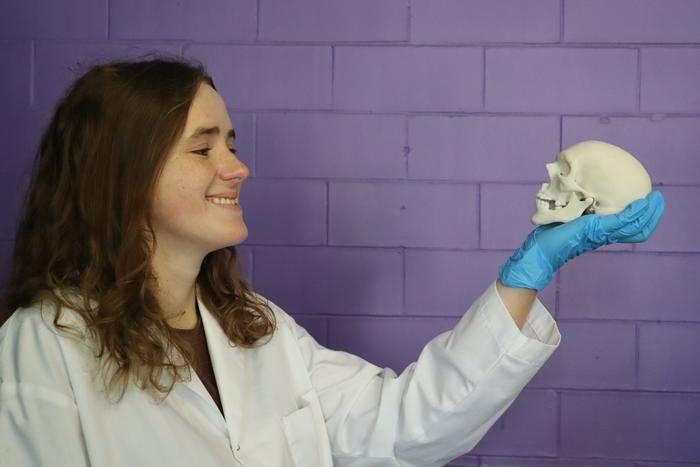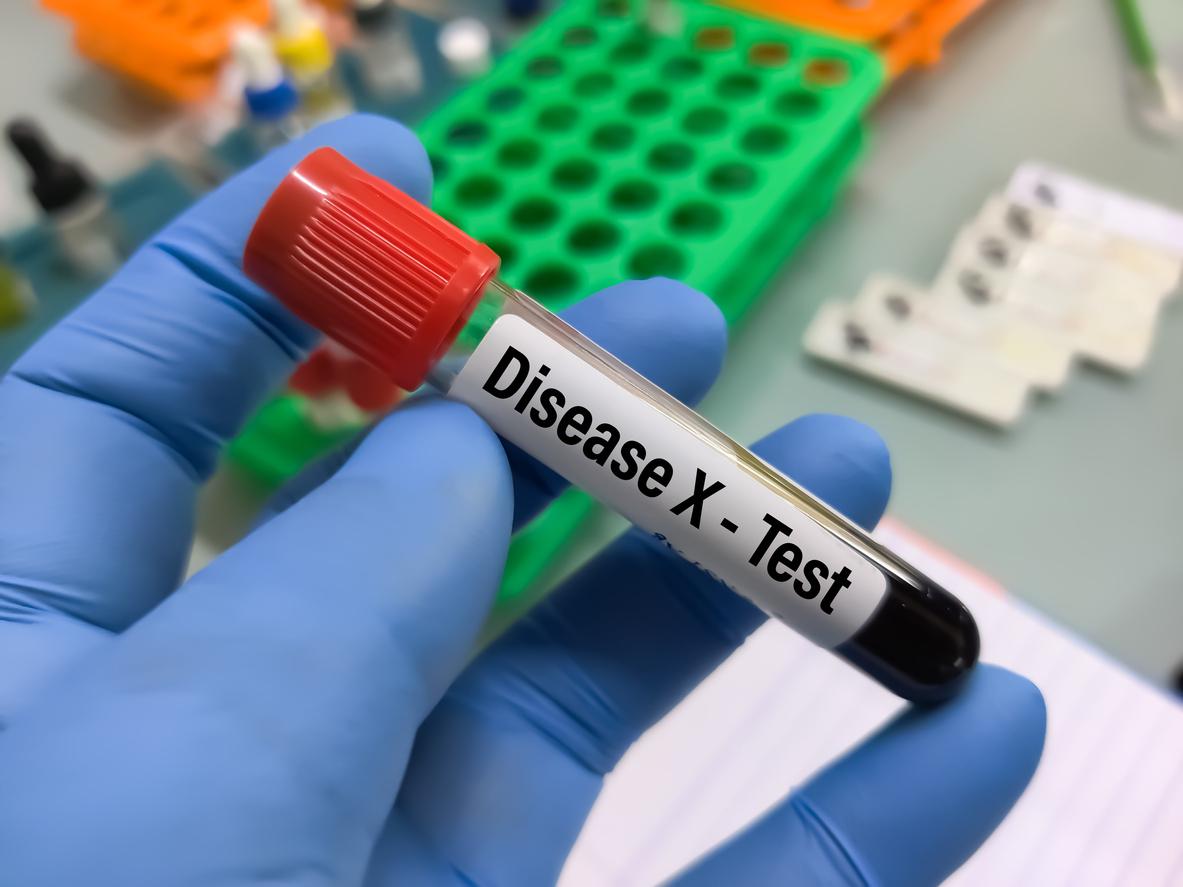Glass bone disease is not the imagination of the writers of the film Unbreakable, but a form of osteogenesis, called imperfect. It’s a genetic disease rare, hereditary, characterized by great bone fragility, low bone mass and a tendency to fractures of varying severity. In France, according to figures from the Ministry of Health, 3,000 to 6,000 people have osteogenesis imperfecta.
Aside from preventing fractures through physical therapy and the use of drugs to strengthen the bones, no treatment available at the moment is able to cure the causes of the disease. But a new study, published by the journal Nature Medicine, could be a game-changer.
Block protein
American researchers have identified an overactivity of the growth factor of a signaling protein. This overexpression would be the cause of the problems of low bone density in patients because the protein attacks collagen, an essential element for the resistance of organic tissues. “We now have a better understanding of how genetic mutations that affect collagen and collagen-processing enzymes lead to weak bones,” said Dr. Brendan Lee, co-author of the study.
The development of targeted treatments is now possible. By blocking the disease-causing protein with the help of an antibiotic, the researchers were able to increase the bone mass in laboratory mice. Medicines for human patients are under development. “We hope this approach will also be useful in more common forms of osteoporosis,” adds Brendan Lee.

















